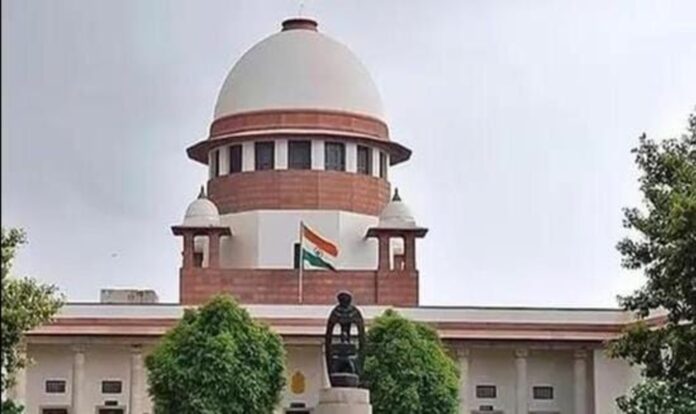In a recent development, the Supreme Court of India has called for increased awareness and sensitization of the police force to effectively address hate speech crimes. The court acknowledged the complexity of defining hate speech but highlighted the pressing issue of inadequate execution at the grassroots level. It sought the cooperation of the Central government and states in finding solutions to curb hate speech after two weeks.
The court’s intervention came in response to numerous petitions seeking measures to combat hate speech and violence in the aftermath of communal violence in Nuh district, Haryana. Advocate Nizam Pasha raised fresh concerns about hate speeches targeting Muslims during protests in Haryana, Uttar Pradesh, and Delhi, despite the court’s prior orders to prevent such incidents. During the proceedings, the Solicitor General, Tushar Mehta, reminded the court of the comprehensive directions given in the 2018 Tehseen Poonawala v Union of India case to address hate speech. He emphasized that instead of filing contempt petitions, violations of the law should be reported through FIRs.
The court acknowledged the need for sensitizing the police force and urged the Center and states to support this initiative. It stressed that finding a solution to tackle hate speech is crucial for maintaining peace in society. Senior advocate CU Singh, representing the application related to the Nuh violence, emphasized that the matter should not be adversarial. He pointed out that hate speeches justifying religious-based genocide had been made. In the past, the Supreme Court has issued directions to curb hate speeches, even in the absence of a complaint. It empowered the police to take preventive action and register criminal cases against those inciting hatred. The court’s efforts have been aimed at preventing hate speech incidents before they occur.
To address hate speech as a penal offense, the Law Commission had recommended the inclusion of new provisions in the Indian Penal Code, such as Section 153C (prohibiting incitement to hatred) and Section 505A (addressing cases of fear, alarm, or provocation of violence). Currently, such crimes are booked under various sections of the IPC, including Section 153A, Section 295A, and Section 298. The Supreme Court has scheduled a further discussion on the matter in two weeks and has urged all stakeholders to work together in finding a comprehensive solution. With the aim of promoting communal harmony and safeguarding the principles of secularism, the court is determined to tackle hate speech effectively and ensure a peaceful society for all citizens.


